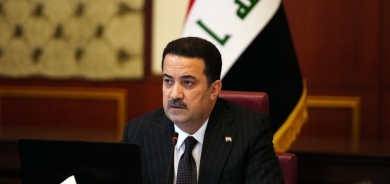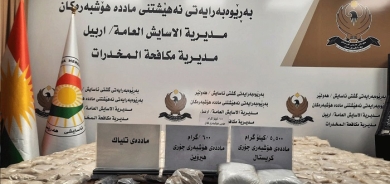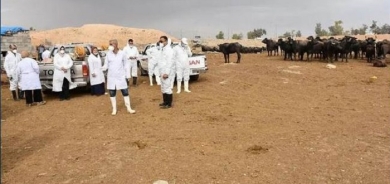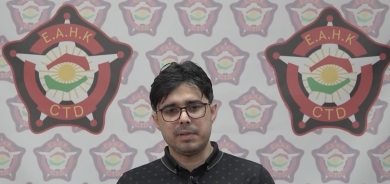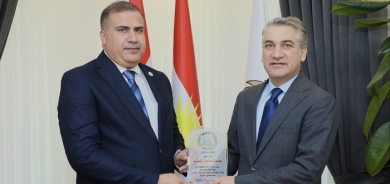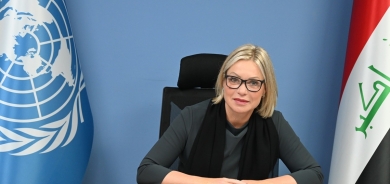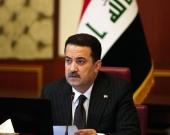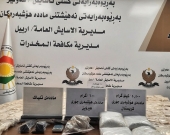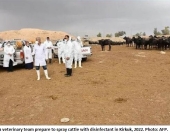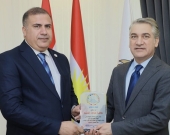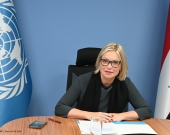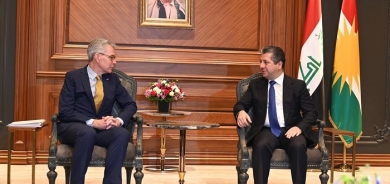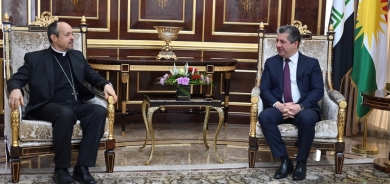Disputes over Salahaddin presidential mosques intensify
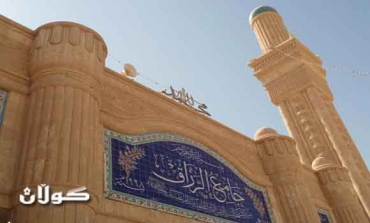
Politicians in Salahaddin say there are attempts to give the Shiite Waqf half of the presidential mosques in country, eight of which are in the province.
Four mosques are found in Tikrit, the center of Salahaddin province, one in Samurra - the largest city in the province - and another in Balad, Tuzkhormato and Baiji.
Member of the Iraqi Council of Representatives Jamal al-Kilani said: "There's a governmental tendency to turn over half of the mosques to the presidential Shiite Waqf. This is weird and may include the mosques in Salahaddin.
"This move could undermine the sacraments of the Sunni community and all clergy see this quest as a step to incite sectarian strife."
Politicians have demanded the intervention of the Iraqi government and religious authorities. MPs have expressed fears that this dispute might affect negatively the national reconciliation project.
Officials in the Sunni Waqf, which oversees Sunni sacraments, denied the presence of an official letter that points toward turning over half of the mosques to the Shiite Waqf, but they do not deny the existence of such a decision.
Council of Representatives member Mutashar al-Samurai said: "This decision is a shot of mercy on national reconciliation, especially considering what had happened during the periods of sectarian tension has not been forgotten yet.
"We're afraid of the destruction and violence, and unidentified bodies. We don't want to witness this. Places of worship and holiness must be superior to everything."
Head of the Sunni Endowment in Salahaddin Ibrahim Adnan al-Faraji said: "There's no official letter that confirms the issue of turning over the presidential mosques in Salahaddiin to the Shiite endowment, or converting it to Husseiniyahs. The issue was exaggerated."
"If there was a dispute about this topic, then the Iraqi government must provide financial support and work to build mosques and Husseiniyahs and religious institutions to avoid any disputes that may occur because of this issue."
The Shiite Endowment denied having any intention to seize the presidential mosques, adding that the issue is related to three mosques and a religious school inside Balad town and not in Salahaddin province.
Najem Abdul Karim Hussein, media official at the Shiite Waqf in Balad and Dujail, said: "It's not reasonable to take the management of mosques in Tikrit, or anywhere else."
Hussein continued: "We met more than once during 2010, but we didn't reach a solution with the Sunni Waqf about the mosques in Balad, which we rehabilitated and employed people in after the disbanding of the Ministry of Awqaf by the former regime.
"But we contacted again a cleric in the Sunni Endowment and asked him to meet again to discuss the issue. He asked for delaying the issue until the end of the Arab summit."
Salahaddin includes a mix of Arab Sunnis and Shias, Kurds and Turkmen. It is one of the areas in which ownership is disputed between the Baghdad and Erbil governments.
The Shiite government Waqf supervises a number of mosques, specifically in the towns of Balad and Dujail, as well as Housseini Hall in Salahaddin. It has also supervised the Imam Askari Shrine in Samurra since it was blown up after being under the supervision of the Sunni Endowment.
AKnews

